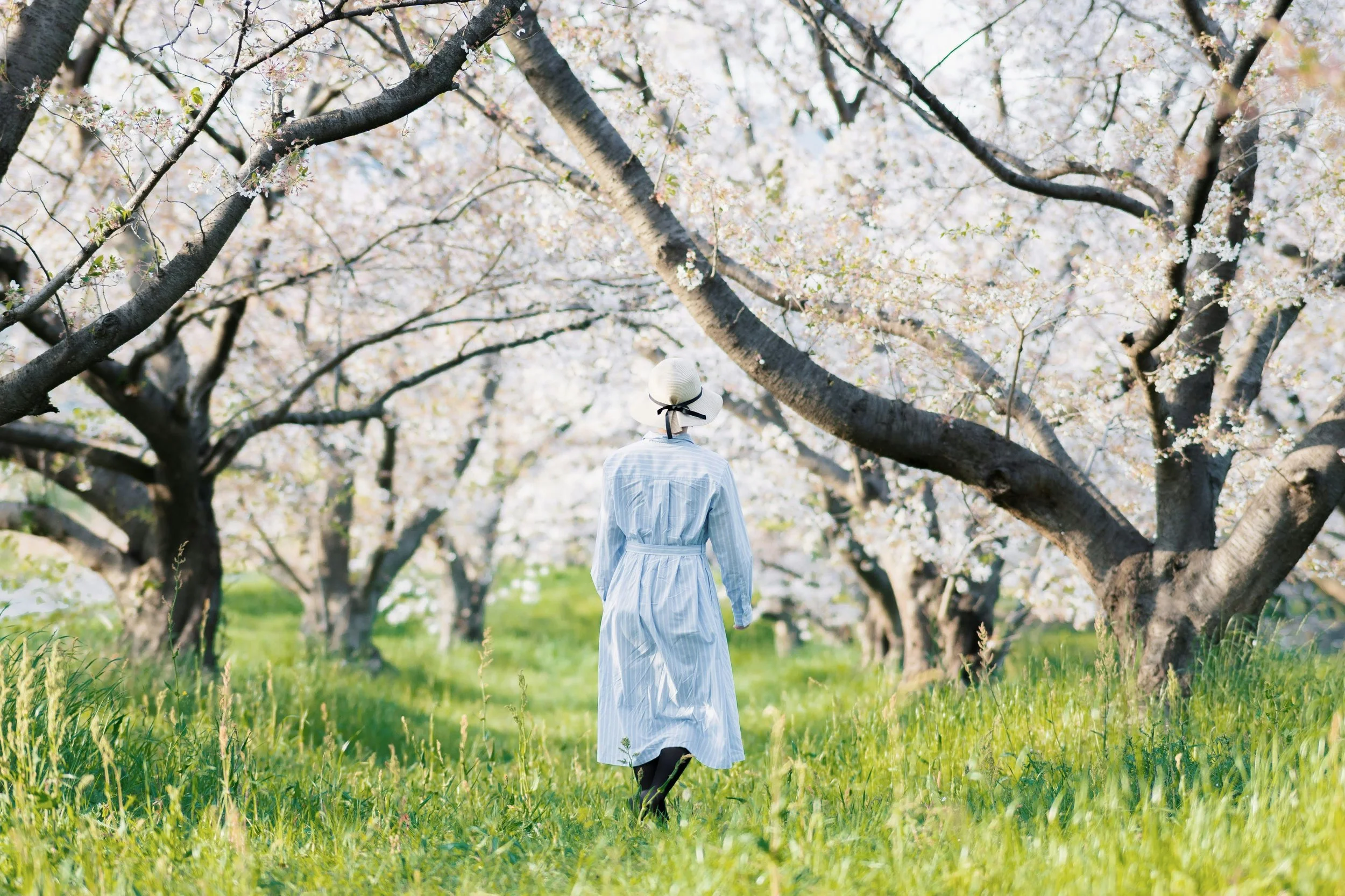Methods of Treating Depression without Medication
While medication can be helpful for treating depression, some women do not wish to take them. Exploring non-pharmacological approaches can be beneficial, particularly for mild to moderate depression. These methods serve as complementary strategies alongside medication for more severe cases. Always consult a healthcare professional before embarking on any treatment journey, as self-treating can be risky.
Below are some widely recognized and evidence-based methods for treating depression without medication.
Psychotherapy (Talking Therapies)
These are often considered the first-line treatment for mild to moderate depression and are highly effective.
Cognitive Behavioral Therapy (CBT)
CBT stands out as a popular choice for tackling mild to moderate depression. It’s all about reshaping those pesky negative thoughts and behaviors into something more positive. With CBT, you’ll learn essential skills to challenge and change those distorted thinking patterns that might be bringing you down. By gaining a new perspective, you can develop coping strategies that empower you to face life’s challenges head-on.
Behavioral Activation (BA)
BA emphasizes increasing your involvement in enjoyable and fulfilling activities. By identifying the link between what you do and how you feel, BA encourages you to pursue activities that bring joy and a sense of achievement. It’s about creating a positive feedback loop that boosts your mood.
Movement
A brisk walk in the park can do wonders for your mood. Engaging in regular physical activity, like jogging or yoga, activates the release of endorphins, nature’s own mood elevators. Even 30 minutes a day can make a remarkable difference.
Healthy Diet
Eating a balanced diet isn’t just good for your body; your brain benefits too. Think colorful fruits, fresh veggies, whole grains, and omega-3-rich foods. Limiting sugar, processed foods, and caffeine (if it negatively affects you) can stabilize your mood.
Good Sleep Hygiene
Establishing a consistent sleep schedule (i.e., going to bed and waking up at the same time every day…even on the weekends) can transform your mental health. Create a calming bedtime routine, maybe some light reading or a warm bath. Keep your bedroom cool, dark, and screen-free for restful sleep.
Stress Management Techniques
Stress can be a mood killer. Incorporate relaxation techniques like meditation or journaling into your routine. Yoga and deep breathing exercises are powerful tools for easing tension and enhancing well-being. Limiting your commitments and scheduling rest is key.
Exposure to Natural Light
Spending time outdoors or using a light therapy lamp can help, especially during long, dark winters. It’s a natural way to boost your spirits and re-energize. NOTE: light therapy is not an option for those with Bipolar Disorder.
Foster Social Connections
Isolation often goes hand-in-hand with depression, but reaching out to loved ones can help break this cycle. Engage in social activities and maintain connections with supportive friends and family to combat loneliness and find emotional support. By nurturing healthy relationships, you’re not only enriching your life but actively working towards mental well-being.
Complementary and Alternative Therapies
Considered a staple in traditional Chinese medicine, acupuncture involves inserting thin needles into specific points on the body. Some studies suggest it may help alleviate depressive symptoms by balancing energy flow and promoting relaxation. While evidence is still emerging, many people find it a soothing complement to other treatments.
Massage Therapy
Massage therapy isn’t just a luxury; it can be incredibly therapeutic. By reducing tension and stress, it promotes relaxation and improves overall well-being, making it a great tool to support mental health.
Herbal Supplements
Herbs like St. John’s Wort, Omega-3 Fatty Acids, Saffron, and SAMe show promise for mild to moderate depression. However, their efficacy varies, and they can have significant interactions with medications, especially antidepressants. Always consult your doctor before diving into herbal remedies.
Keep in mind that non-medication approaches can work wonders for mild to moderate depression. But when depression becomes severe, medications might be essential alongside therapy to provide the best relief possible. Everyone is different. What helps one person might not work for another. It’s crucial that your plan fits your unique needs and circumstances.
If you’re feeling the weight of depression, counseling can be a guiding light, offering you tailored strategies and support to navigate your feelings. Book a depression counseling session today.
Be Still Holistic Counseling & Wellness offers counseling for women and girls experiencing depression. Reach out today and start your journey to mind, body, spirit, and social wellness.

